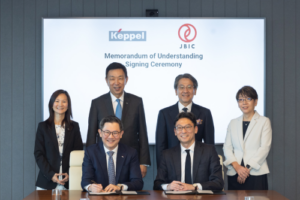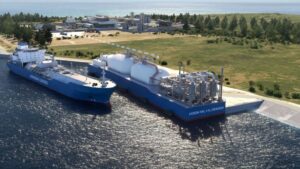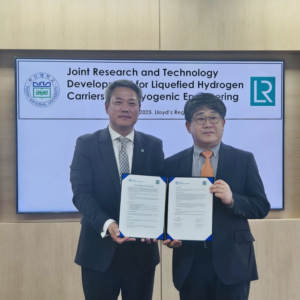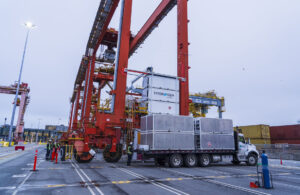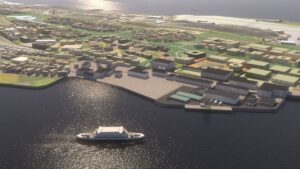Norway’s HYDROGENi H2 research center to push energy transition
Norway invests NOK 200 million ($22.41m) in HYDROGENi, a new center for energy research dedicated to hydrogen and ammonia, that is to help the energy transition.
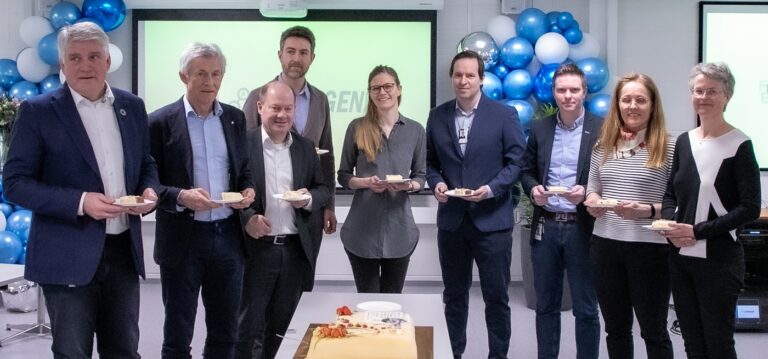
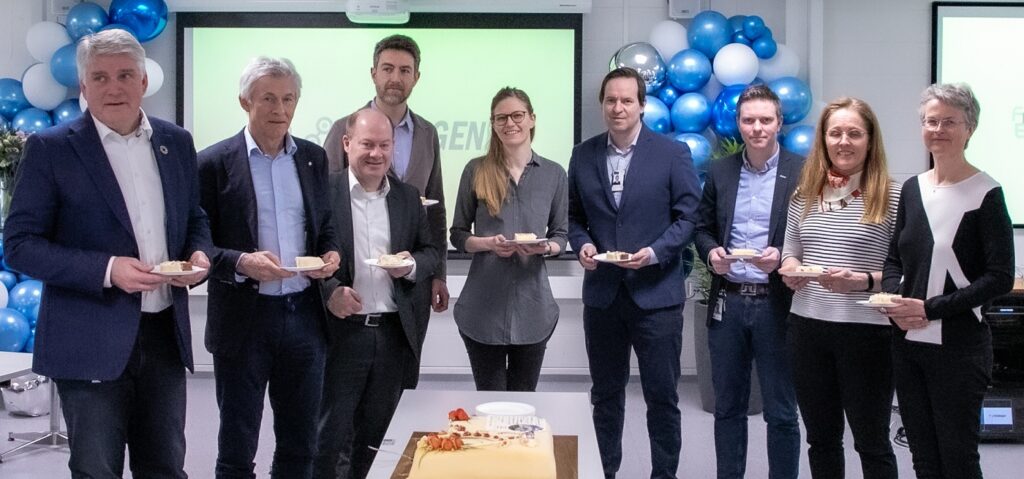
On 11 March 2022, the Norwegian minister of energy announced this Research Council of Norway’s investment.
This eight-year center has over 50 industrial and academic Norwegian and European partners. In addition, innovation from the center’s research is to be a key driver of the green shift in Norway. Nils Røkke of SINTEF will lead the center.
“Hydrogen is a prerequisite for the energy transition globally, in Europe and in Norway. It will add strategic autonomy to the energy system, a highly relevant topic in Europe today. H2 can make the energy system more resilient, but also help us achieve our net-zero target by 2050,” said Alexandra Bech Gjørv, CEO of SINTEF.
“Hydrogen produced from electricity or natural gas is a growing industry that requires new knowledge and competence. HYDROGENi will conduct research on how to build a sustainable hydrogen economy and educate competent candidates on an unprecedented scale in Norway,” said Anne Borg, rector at the NTNU.
The industry comprises a significant part of HYDROGENi’s consortium, and their support indicates both the center’s significance and its potential.
Related Article
-
NEL ramps up production capacity to meet EU’s hydrogen ambitions
Outlook & Strategy
HYDROGENi: H2 as main driver of energy transtion
Previously, hydrogen’s role in the energy transition was as a clean alternative to fossil fuels in heat and electricity production. However, due to its versatility, it can also replace fossil fuels in both other industrial processes and in transport, such as the maritime sector. Therefore, hydrogen is now considered to be one of the main drivers of the green shift.
However, in order to realise its full potential, there are numerous knowledge and technical gaps that need to be filled. That is precisely the goal of HYDROGENi.
“We are establishing the largest ever academic research program in an FME by educating 35 PhD/postdoc students and over 100 MSc/BSc candidates. Their expertise will contribute to the industry, the government and academic, enhancing the HYDROGENi’s lasting impact,” said Røkke.
“The strong support from industry demonstrates the relevance of the centre’s thematic activities, with its unparalleled international network and links. We aim to establish HYDROGENi as a lighthouse for European research within the area of hydrogen, building upon our sizeable portfolio of EU-funded programmes and initiatives that create true added value,” addedRøkke.




